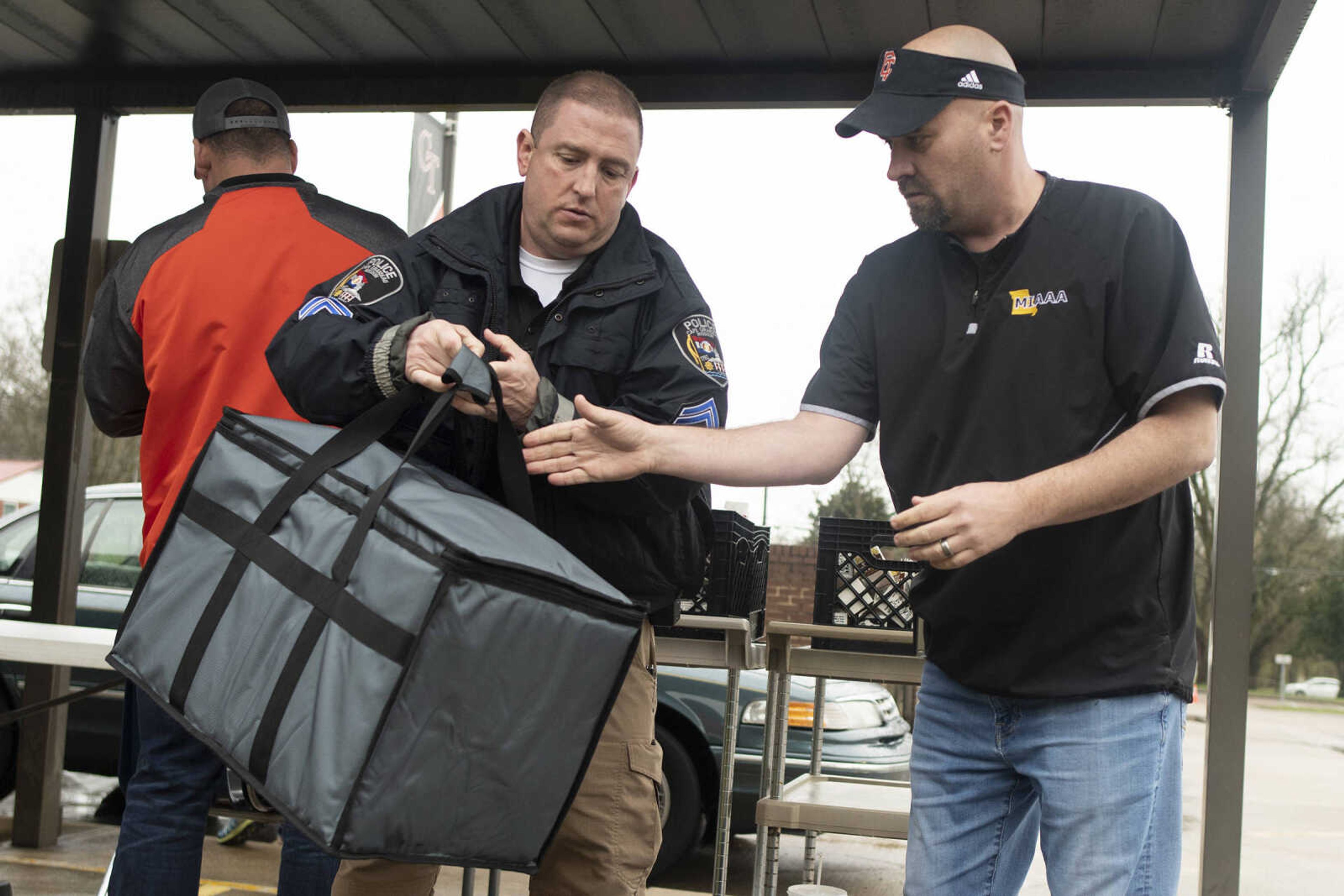Coronavirus: Best of times, worst of times
Charles Dickens might have been talking about today rather than the 1700s. His classic "A Tale of Two Cities" begins with the words many of us have heard so often we could quote them in our sleep: "It was the best of times, it was the worst of times." So it is during this coronavirus pandemic that has swept home and abroad...
Charles Dickens might have been talking about today rather than the 1700s. His classic "A Tale of Two Cities" begins with the words many of us have heard so often we could quote them in our sleep: "It was the best of times, it was the worst of times." So it is during this coronavirus pandemic that has swept home and abroad.
"It was the best of times, it was the worst of times, it was the age of wisdom, it was the age of foolishness, it was the epoch of belief, it was the epoch of incredulity, it was the season of Light, it was the season of Darkness, it was the spring of hope, it was the winter of despair."
The opening language is captivating. In fact, I'm not sure any other piece of literature surpasses it. It reads more like poetry than prose. The juxtapositioning serves not only to intrigue us, but to take us for a roller-coaster ride: best/worse, wisdom/foolishness, belief/incredulity, light/darkness, hope/despair. Yes, up/down, up/down, up/down. Masterful technique for grabbing and holding an audience's attention.
But how does this apply to our current state of affairs? Let me share what I've observed recently as we each face the concerns of this pandemic that has infiltrated our lives.
I'll flip-flop Dickens' approach. He starts with the ups, then moves to the downs. I prefer to end on a high note. You may wonder how there could be anything "high" about this virus, but hang in there with me. First, the heavy stuff.
Tough times test people. They test our attitudes, our communication, our patience. They test our coping skills, our comprehension, our faith. They test us wholly. While adversity potentially builds character, it always reveals character. As I heard leadership expert John Maxwell say, "If you squeeze a lemon, lemon juice comes out." That's a citrusy way to say that who you are comes out when you're pressed by stress. Struggles reveal -- well, you. And usually, the rotten stuff within you comes out in your interactions. I've seen it in me just as much as I've seen it in others, and I've seen it in me lately.
Remember the 2016 presidential election? We thought we saw it all -- friendships ruined over allegiance for or animus against Donald Trump. So it's been with coronavirus. There have been arguments based on misunderstandings, predictions that people who won't self-quarantine are trying to poison the town, dissension over the concept of faith over fear. The list goes on. And social media platforms make it easy to jump the gun, shoot off at the mouth, run and hide and then come back and start all over again. All of a sudden, folks are unfriending, unleashing and unraveling as they blame, yell (all-caps style) and act a fool -- all because someone touched a nerve during nerve-wracking times. How do reasonable people get to this point? Here's one thing I've learned: You cannot reason with unreasonable fear. Fear does weird things to wired people, and people are wired during this time of unprecedented panic. They're worried about getting sick, concerned about losing money because they cannot work, frustrated with being stuck in the house, unsure of how to adequately fill in for their children's teachers and more. It is, indeed, the "worst of times" for many.
But we also live in the "best of times." Families "stuck" in the house are taking advantage of it. I'm hearing about game nights, dinners around the table, reading revisited, cooking instead of eating out. While churches have had to temporarily shut their doors, virtual services have led to positive, spiritual social media shares and lives encouraged with worship and Scriptures. Parents are praising teachers who are going above and beyond to stay connected with their students. Young ones are making cards to mail to older ones who are alone at this time. Kind souls are dropping off meals and even grocery shopping for the vulnerable among us who need to stay away from public places. Even memes about toilet paper hoarding have sparked many laughs. Yes, this is the best of times amid what seems to be the worst of circumstances.
Let's face it: Coronavirus is not convenient, and it's certainly concerning. I'm not living afraid because I choose faith over fear. I believe in exercising caution, but I refuse to be paralyzed. Not being consumed with the media reports has, no doubt, helped. I suggest you take the same approach.
This is a tough time that, for some, qualifies as Exhibit A of the downs Dickens describes in the opening of his novel. My heart aches for those who are sick, those who have lost loved ones, those who are scared. "I'm so sorry" doesn't do justice, but I am. Nonetheless, we cannot deny the ups that accompany the downs, the best that's married to the worst; they'll lead to long-term blessings if we apply their lessons even after we get through this -- and we will get through this.
Adrienne Ross is owner of Adrienne Ross Communications and a former Southeast Missourian editorial board member.
Connect with the Southeast Missourian Newsroom:
For corrections to this story or other insights for the editor, click here. To submit a letter to the editor, click here. To learn about the Southeast Missourian’s AI Policy, click here.











